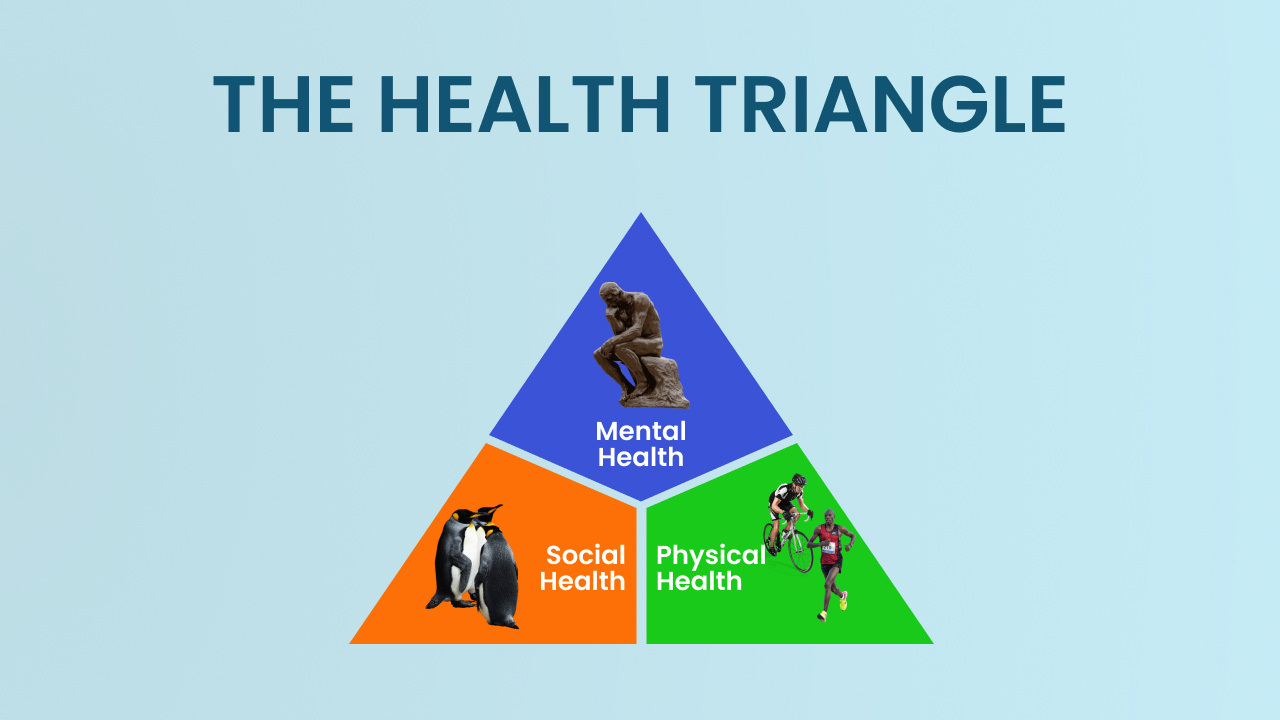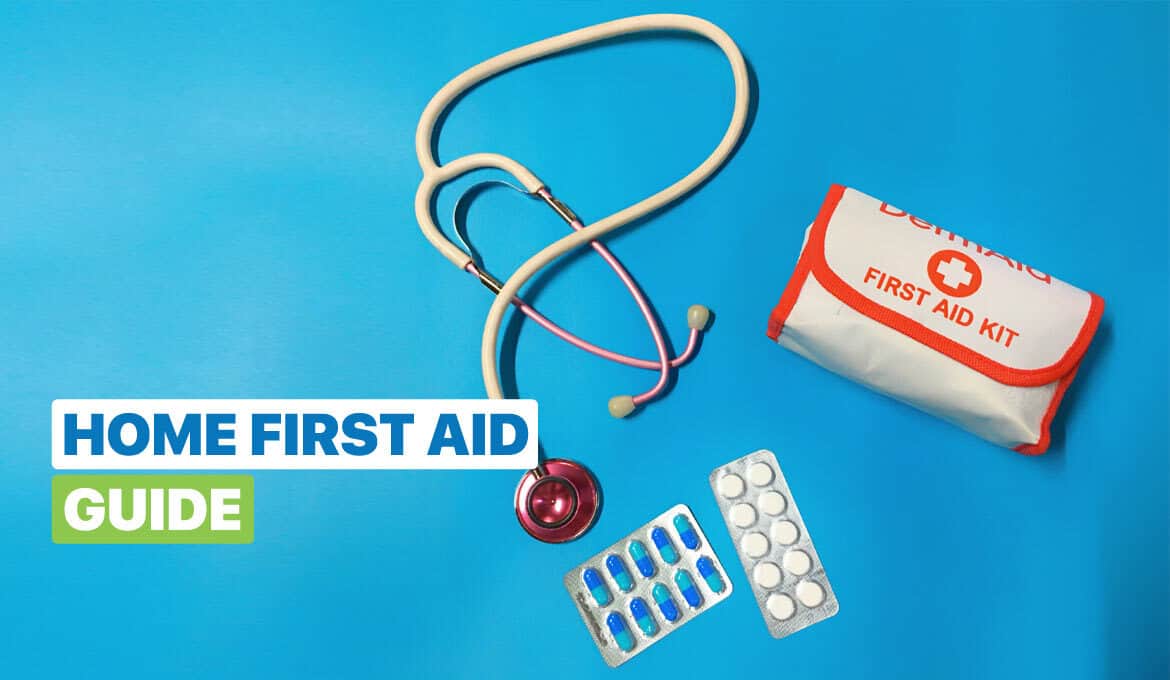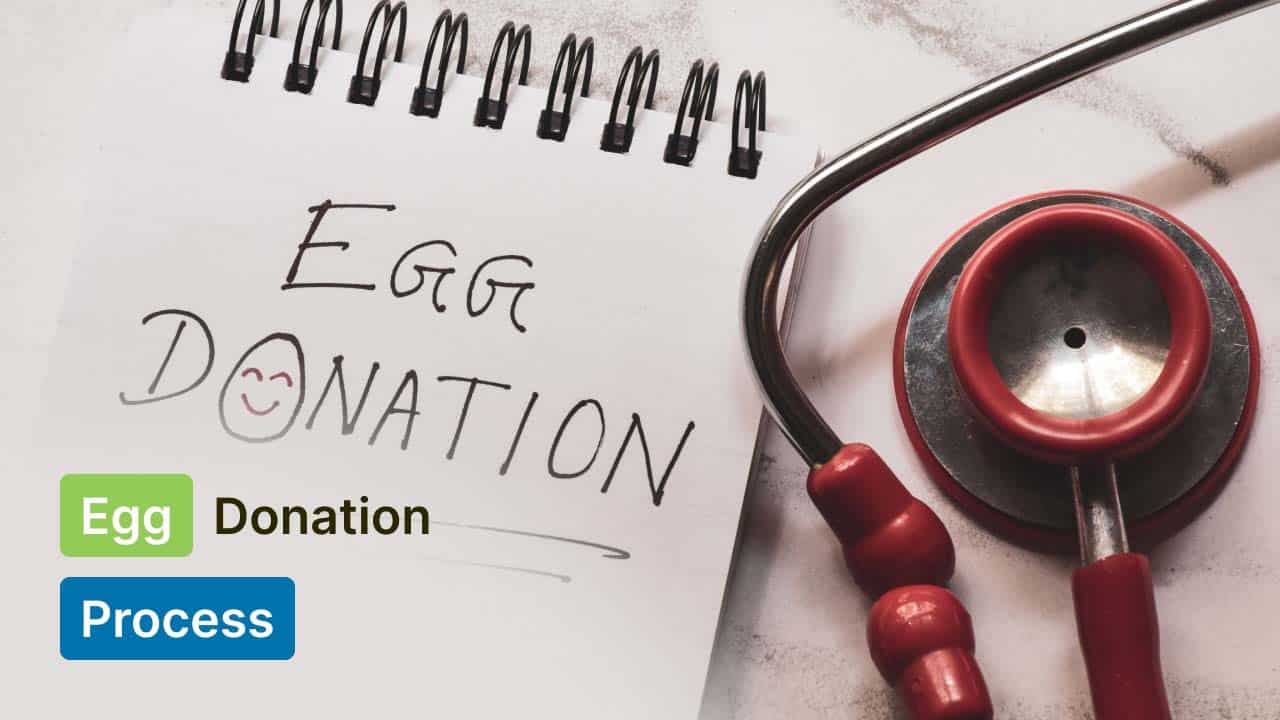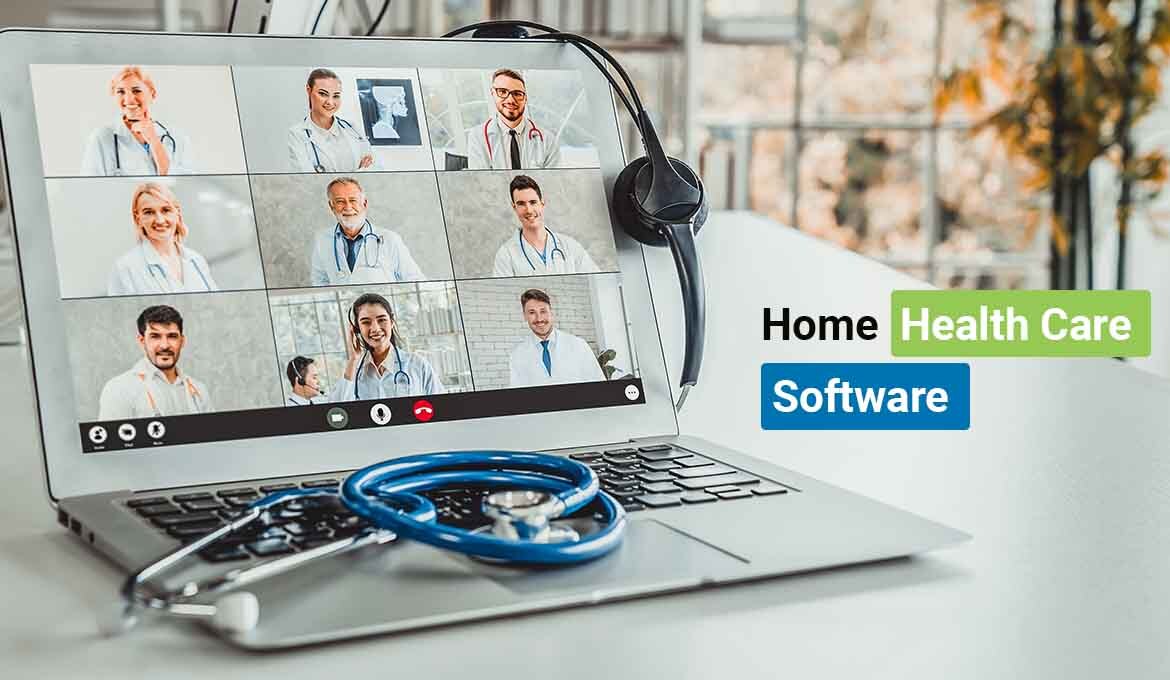
Clinical consultation is crucial for both the patients and the doctor. Clear communication makes diagnosis easier and helps the doctor understand a particular health condition better and recommend appropriate treatment and medications.
Patients must provide complete and honest information about their health to their doctor to receive quality healthcare.
Whether a patient is visiting a new doctor or attending their regular check-ups, there are certain things that they need to consider when they prepare for a doctor’s consultation.
Things to keep in mind before the doctor’s appointment
Here are some of the points that you need to consider before your doctor’s consultation.
1. Be on time:
Doctors are scheduled to see multiple patients daily in their busy schedules. To extend your time with the doctor, it’s better to be early by 10-15 minutes before your appointment to avoid the feeling of a rushed visit.
During this time, the nurse examines your height, weight, blood pressure, etc., before you see the doctor. Set a reminder about the consultation date and time so that you can make it early for the doctor’s visit.
2. Inform the hospital of any accommodations:
Before going to your appointment, it’s essential to consider any facility you may require, such as accommodation, and inform the doctor’s office so they can make the necessary arrangements.
Accommodations may include disabled or specially-abled parking or assistance, the help of a translator, the use of an interpreter, etc., when there is a need for such requirements, and informing and requesting the doctor's office to make the necessary arrangements is essential.
3. Ensure that the hospital considers your insurance:
Insurance plays an important role when it comes to expenses. Before finalizing an appointment with a doctor or specialist, ensure the office accepts your primary insurance. It will help you avoid extra charges. Bring your insurance card and ID to the appointment so the hospital bill you accordingly.
4. Write down your questions:
Finally, when it's time to meet your doctor, it can be overwhelming, and you may forget all the questions or concerns you had planned on asking them. Before you meet your doctor, just write down everything on your mind and receive the relevant medical assistance and treatment plan.
5. Carry your test results:
If you're meeting a new doctor, it’s essential to have all the previous medical tests and results documented during the visit: scan reports, medications, vaccination records, and more. Take everything with you during the doctor’s visit and let your doctor decide what’s relevant.
6. Carry family medical history:
Family medical history plays a vital role in your health and well-being. Collect all your family medical records and write down the familial health problems while visiting your healthcare provider.
Certain medical conditions may be genetic, indicating a need for specific preventive health measures or screenings.
Talk to your family members, for instance, your mother or father, about their health background and whether they have had any medical problems. Knowing familial medical history can help you maintain a healthy lifestyle in the years ahead.
7. Record if you have had surgery, allergy, and current medical condition:
If you have any allergies, talk to your physician about them, for instance, food allergies, seasonal allergies, allergies to medicine, etc.
Allergies might affect your daily health and influence which medications you can or cannot take. Additionally, any prior surgeries and medical incidents or conditions should be recorded and provided to your doctor so they will have a complete understanding of your medical history.
8. Write down current symptoms and issues:
Record details regarding any new medical problems or symptoms cropping up since your last visit.
On the other hand, take along any emergency contact information: You must provide all the necessary information, including emergency contacts, to your doctor.
Provide the name, phone number, address, and email of any family members, friends, etc. Doing so will help the doctor reach out to your family members or friends during an emergency.
9. Bring your family member or friend:
Visiting a doctor’s office feels overwhelming. Bringing your family member or friend will make you feel comfortable and supported throughout the consultation.
When it gets overwhelming, this allows you to have an extra ear to listen to your doctor’s comments. Take anybody you’re comfortable with being involved in your healthcare.
Things to focus on at the time of the consultation
Consider the following tips to focus on during your doctor’s consultation:
i). Calm down and focus on your relaxation:
Many of us experience anxiety, nervousness, or stress during the doctor’s appointment, also known as “White coat stress.” The strain of being around the doctors during the appointment will increase blood pressure. This might impact your test outcome and readings.
So before your appointment, you should find ways to relax and release the tension. Try different relaxation techniques that will help you to ease the tension.
- Take a walk
- Perform breathing exercise
- Journaling
- Listen to calming music
- Herbal soothing sprays or lotions
ii). Be honest with your doctor:
Being honest with your doctor is highly important. Your healthcare provider is there to help and support you.
Therefore, you must provide complete and accurate information so that your doctor can understand your health condition better and give the best care possible.
iii). Follow up on the next visit:
After the appointment, it is important to re-confirm your schedule and tasks for the next visit, such as,
- Tests and screenings
- Refilling the prescription
- Next consultation details
Conclusion
A basic plan can help you make the most of your appointment, whether visiting a new doctor or continuing with the doctor you have seen for years.
It’s essential to know your health concerns and how you must address them with your healthcare provider so that they understand your health problems and symptoms better and provide you with the appropriate treatment plan and successful care.
FAQs
1. How do I prepare for a doctor's consultation?
Ans: Some of the things that you need to keep in mind before your consultation are as follows:
- Make a list of your questions and concerns.
- Carry the information with you to the doctor.
- Take a family member or friend to the doctor's visit.
- Keep your doctor updated with your past and current medical history
- Note down all the instructions and suggestions that your doctor says
- Ask or repeat questions if you have any confusion or doubt
2. What are good questions to ask a doctor?
Ans: Consider the following questions to ask your doctor during your consultation:
- What is the cause of this condition?
- Will it be permanent or temporary?
- What is the treatment procedure?
- How can I learn more about my situation?
- How do I find out the results?
- What are the tests to be done?
- What will be the long-term effects of the condition on my life?
3. Why do we need to consult a doctor?
Ans: Getting a regular checkup and keeping track of your health will help you remain healthy and avoid any risks. Visiting the doctor can help you identify any health conditions you are unaware of and treat them.
4. When should I consult a doctor?
Ans: You should visit your doctor when you feel constant pain in the head, chest, knees, and stomach or if you experience any other health changes for a more extended period. These might be signs of some underlying health issues.
Read Also:










































